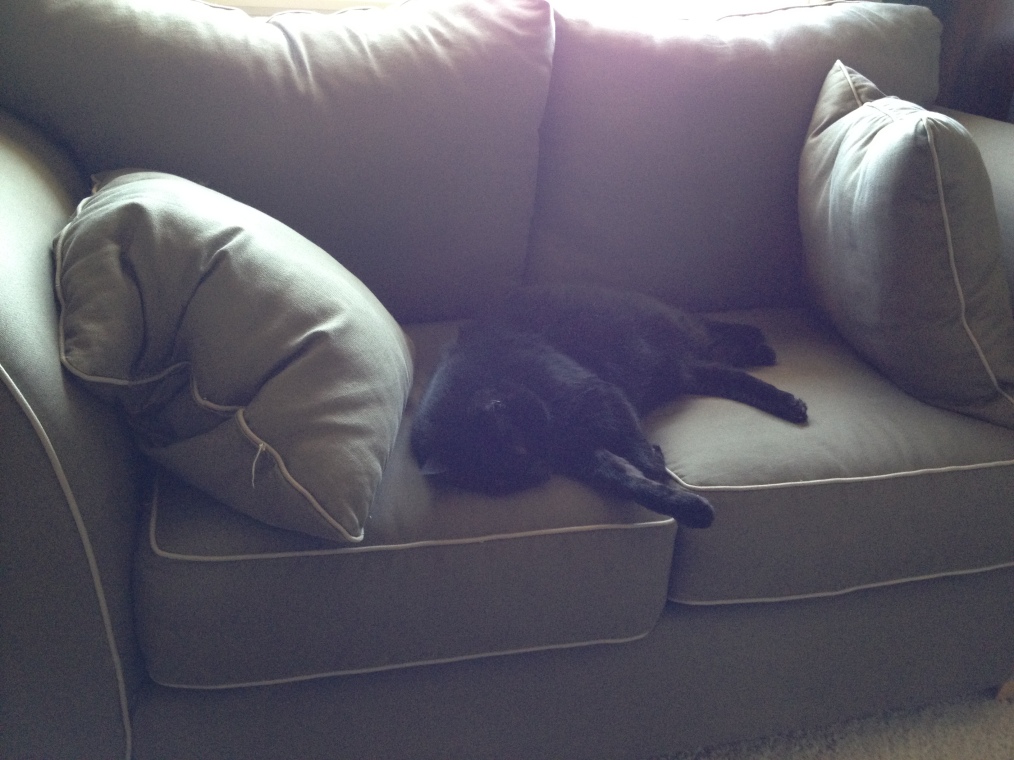It’s been a couple of weeks since I chatted up my whiteboard, and I have since added to it. I have been thinking about how to analyze the data in my study, and I think I have a plan. Give the students a written pre/post test to discover what they learn about economics in the One Hen unit, using the National Economics Standards to guide me. And also interview the students about their interest in helping the community and participating in a project that helps others before and after the unit. I have an idea of what some of the questions could look like–both for the written econ assessment and the interview. I think all of the other data I collect would be secondary and perhaps only used to support my claims–things like student work completed during the unit, or transcriptions of class discussions. This pares down my data to pre/post assessment and pre/post interviews, which is much more manageable.
My new problem is this: where does this experience at this school doing this unit fit into a larger picture? If the school where I am collecting all of this data and the One Hen unit the students will experience is such a special case, special enough to study, what is it a case OF?
I put off thinking about this for a while and I focused on a few other things– making tweaks and improvements to the One Hen unit, for one. Drafting questions for these assessments, working on my IRB application, etc. Then I went through an old e-mail from right after my dissertation proposal defense from Kyle, a committee member of mine, about Mohammed Yunus, the “creator” of the concept of microfinance. The One Hen unit teaches the students about microfinance and Kyle thought I needed to read up on Yunus a bit. I read his wikipedia page and promptly ordered his most recent book Building Social Business.
In a nutshell, Yunus started by giving small loans to poor people in Bangladesh, inspired by women unable to get loans from banks to start their own small businesses. Eventually he started his own bank specializing in giving collateral-free loans to those in poverty, especially women. This concept of “microfinance” is the heart of the One Hen unit, and I can see why Kyle wanted me to read up on Yunus. However, this book is about something bigger than microfinance. It’s about social business– a type of capitalism and entrepreneurship that is selfless. It’s not about becoming an entrepreneur not to make profits to keep, but to make profits to sustain the business, which is formed around a goal to help others and eradicate poverty. He writes that this new form of economics/capitalism could be taught in schools. This is literally what I am doing with this study, but I have never called it “social business” before. Now, I am rethinking everything I have been plugging away at these last couple of weeks.
I am only 25 pages into this book; I seriously started reading it an hour ago. I promptly started following Yunus on Twitter, which is what I do when I discover something new, and I found out that today (June 28) is “Social Business Day”. It’s like a sign that I found something bigger. In the Steve Jobs biography I read last week, he said that there are times when he gets pretty far in developing a new product and then discovers a way to take it in an entirely new, and better, direction. Part of his genius was that he was not afraid to change course when the need arose. Including more about social business would not be “changing course” for me, but instead looking at things from a new angle. I am now getting excited about this study’s potential to empower students to change the world through education. Which is, duh, why I became a teacher in the first place.






